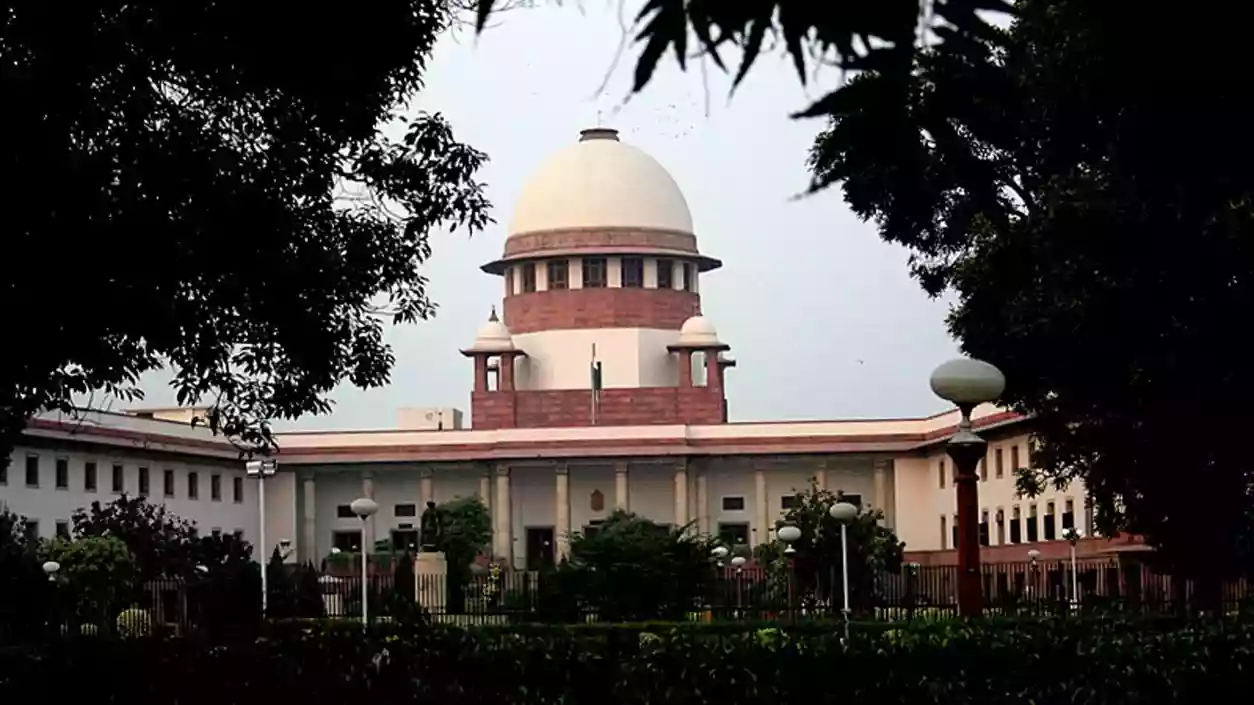Protests erupt outside Kasba Police station as 3 arrested in alleged Kolkata college gang rape
.gif)
.gif)

The Supreme Court is scheduled to hear over ten petitions on April 15 challenging the constitutional validity of the Waqf (Amendment) Act, 2025. The petitions have been filed under Article 32 of the Constitution by political leaders, religious bodies, and organisations, including AIMIM chief Asaduddin Owaisi, Jamiat Ulama-i-Hind president Maulana Arshad Madani, Samastha Kerala Jam’eyyat ul-Ulama, Indian Union Muslim League (IUML), and DMK leader A Raja. The law came into force on April 8 after it was passed by Parliament and received presidential assent on April 5.
The Centre has filed caveats in two of the petitions — those by Maulana Arshad Madani and the Kerala-based religious group — to ensure that no interim relief is granted without the government’s side being heard. A caveat is a formal request filed in court by a party seeking to be heard before any orders are passed in a case. Senior advocates Kapil Sibal and Abhishek Manu Singhvi, representing some of the petitioners, had earlier mentioned the matter before Chief Justice of India Sanjiv Khanna for urgent listing. The CJI declined oral mentioning but said the court’s automated listing system would process the matter.
The Waqf (Amendment) Act, 2025, amends previous versions of the law enacted in 1995 and 2013. It removes recognition of “waqf by user,” invalidates oral waqfs unless backed by formal written deeds, and prohibits waqf declarations over monuments protected under the Ancient Monuments and Archaeological Sites and Remains Act, 1958. The Act also bars members of Scheduled Tribes from creating waqfs and mandates stringent new requirements for waqf registration and digitisation. The Centre has said the changes aim to improve transparency and prevent misuse of waqf properties.
Petitioners have challenged multiple provisions in the amended law, arguing that they affect the rights of Muslims and undermine long-standing waqf traditions. Owaisi’s petition contests the requirement that a waqif — the person creating a waqf — must have practised Islam for at least five years, calling it exclusionary for new converts. Madani’s petition warns that removing recognition of waqf by user could lead to derecognition of thousands of historic mosques, dargahs, and graveyards across India. The IUML has stated in its plea that the amendments pose an “unconstitutional assault on the religious autonomy and personal rights of the Muslim community.”
The Dravida Munnetra Kazhagam (DMK) has also filed a petition through its deputy general secretary and Lok Sabha MP A Raja. The petition, settled by senior advocate P Wilson, argues that the law violates the fundamental rights of nearly five million Muslims in Tamil Nadu and 200 million Muslims across the country. The petitions collectively assert that the law violates constitutional guarantees of equality, non-discrimination, and proportionality. The Act was passed in the Lok Sabha on April 3 and in the Rajya Sabha early on April 4, following a 13.5-hour debate, and was notified by the Ministry of Minority Affairs on April 8.